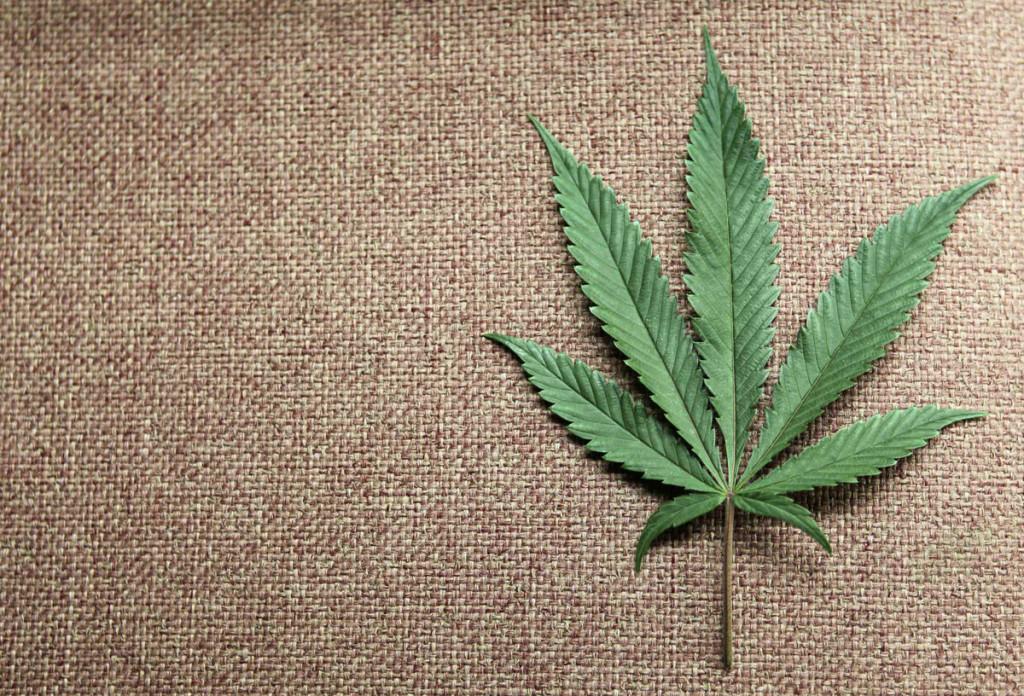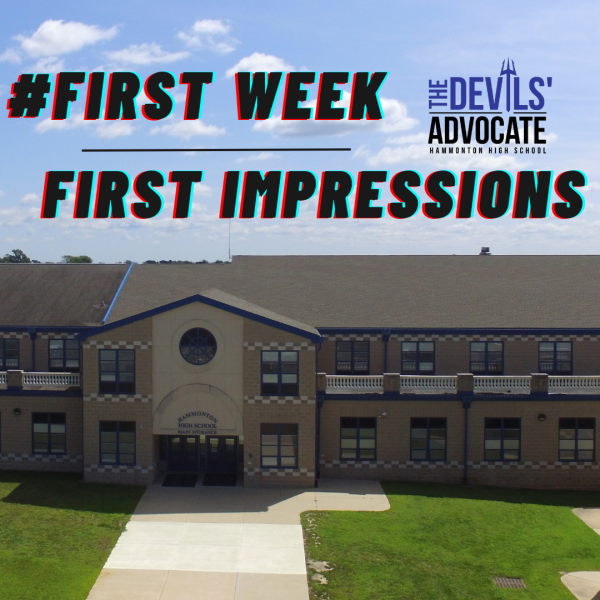The Nation of the Herb?
Legalization of recreational marijuana in Colorado revives national debate
I am going to bring up a topic that many people seem extremely timid about and would rather avoid. However, to ignore the issue is unrealistic given current events surrounding it.
Here I go. Brace yourself.
Should marijuana should be legalized for recreational use?
There are many angles to both sides of the debate. For many traditional thinkers, the answer is a quick “no.” It is the way it has always been, and the policy shouldn’t be changed. They cite the negative effects it can have on those who use it and its role as a gateway drug. Those on the other side argue that legalizing marijuana would benefit this country in more ways than it could hurt it.
Marijuana, also known as hemp or cannabis, has a presence in American history that goes beyond recreational use. In the Jamestown colony, it was used for clothes, food, and rope, among other things. The plant reached public awareness as a recreational drug in the early 1900s. Though some medical doctors noted that marijuana was known to alleviate the pains associated with many conditions and diseases, it was ruled illegal in 1937. As an additional note, this was just four years after the 21st amendment to the Constitution was ratified, ending the prohibition of alcohol.
Why do people support its legalization? One argument is that the legal system devotes a large amount of money and time monitoring its use and incarcerating those found guilty of possession, use, or promotion of the drug. According to US News and World Report, law enforcement made one marijuana arrest every 42 seconds in 2012. They cited FBI data that reported 12,196,959 arrests that year alone. There is also controversy surrounding the racial divide when it comes to marijuana arrests.
As legislators in Colorado have realized, legalizing marijuana and taxing it heavily can also bring in significant tax revenue. According to cnnmoney.com contributing writer Geoff Williams in his article “Medical marijuana, meet e-commerce,” marijuana is California’s biggest cash crop, generating sales estimated at $14 billion a year. Matt Ferner of the Huffington Post reported on January 8 that Colorado has taken in over 5 million dollars in sales in its first week of legalization.
Perhaps Colorado realized that it could profit by regulating it legally that they couldn’t regulate as an illegal substance.
Many products that are dangerous to our health are legal in the United States. No one claims that smoking cigarettes is safe or good for you. Plus, it’s addictive by nature. The Center for Disease Control (CDC) website states that there are more than 440,000 deaths annually (including deaths from secondhand smoke) liked to the legalized substance.
Like cigarettes, alcohol is also legal. The website for the National Institute on Alcohol Abuse and Alcoholism increased rates of death, injury, assault, drunk driving, job/academic performance problems, and other unsafe practices. Those who argue against the legalization of marijuana voice their concerns over all of the same problems. However, the government doesn’t prohibit its citizens from using it. Different than cigarettes and alcohol is marijuana’s composition as a completely natural plant.
Those who support it cannot ignore the fact that legalizing marijuana could also present some significant problems. If marijuana were legalized, it would be easier for minors (those under Colorado’s legal age of 21) to possess and the earlier kids start using these substances some people fear it could hurt them developmentally. Though marijuana is not physically addictive, experts say that it could be mentally addictive and people could feel like they need it when they really don’t. Some of the short term effects of marijuana include fatigue, anxiety, and lowered reaction time.
Government officials in Colorado are especially worried about their ski resorts because those who smoke may then be impaired when skiing or snowboarding down the mountain. These sports involve risk for those without any mental impairments. Additionally, ski resorts are family destinations, and the new law may deter families from traveling there. They are also worried because the amount of arrests for possession of marijuana is increasing in neighboring states (despite the law that prohibits it to cross state borders).
As a student journalist, I pursued interviews with faculty and students on this topic that is all over the news since the state of Colorado recently legalized the sale of recreational pot to adults 21 and older on January 1. However, many refused to respond, indicating that they’d rather not. Maybe they were afraid they would be judged. Maybe they were afraid they’d get in trouble. Maybe they’re unsure of where they stand.
History teacher Mr. Eric Shulman did feel comfortable sharing his thoughts against the legalization of marijuana.
“It should remain illegal and those who do it should be locked up because too many of our youths use it and it is destroying their brain cells,” he said.
For those who support the legalization of marijuana, the words of musician and Bob Marley are only being heeded in the states of California and Colorado. “Herb is the healing of a nation; alcohol is the destruction.” I have no doubt that many states will soon follow Colorado’s path and legalize the plant for recreational uses. Supporters including myself feel that this will help our nation in more ways than it will destroy it.











